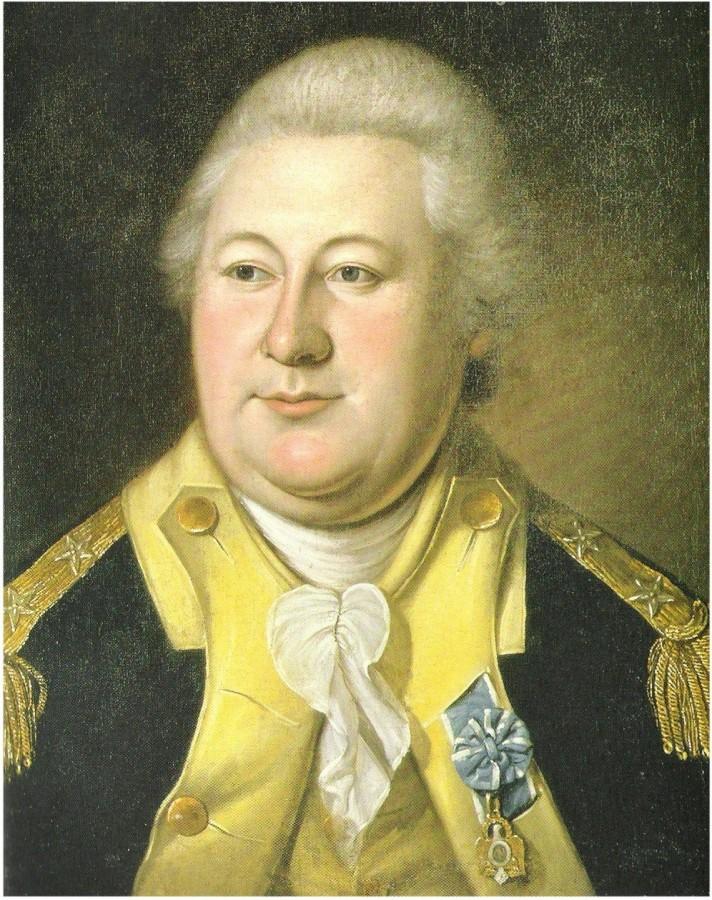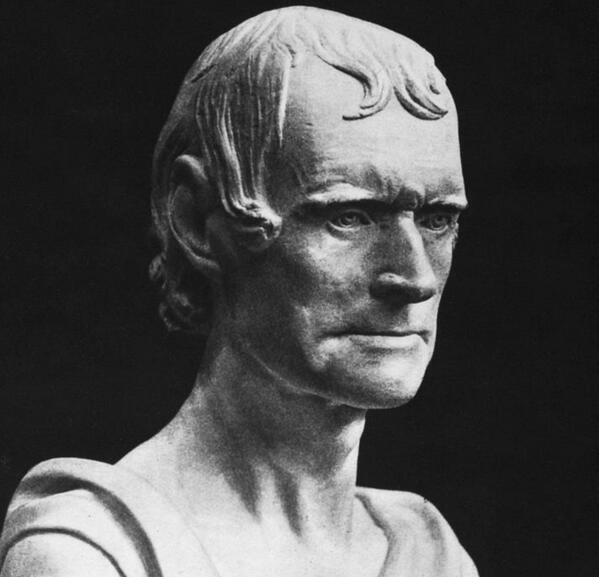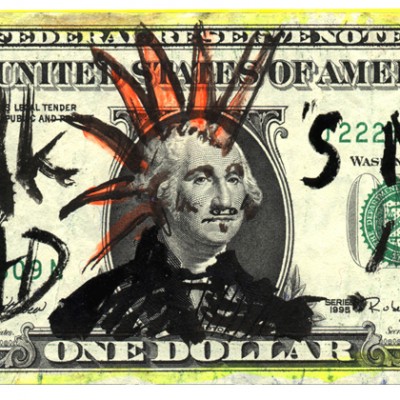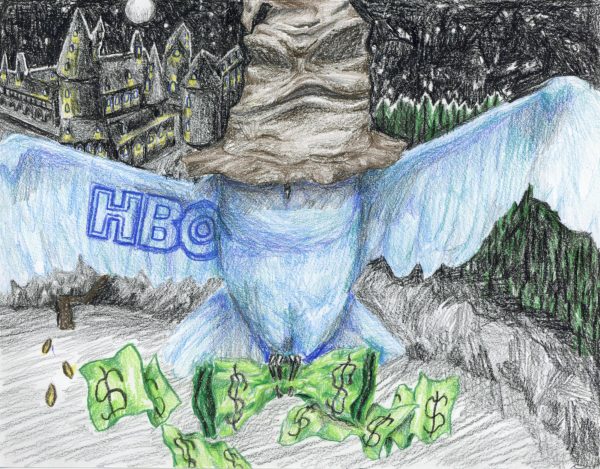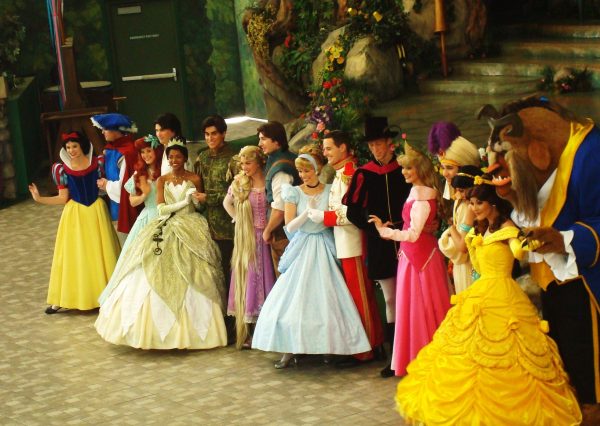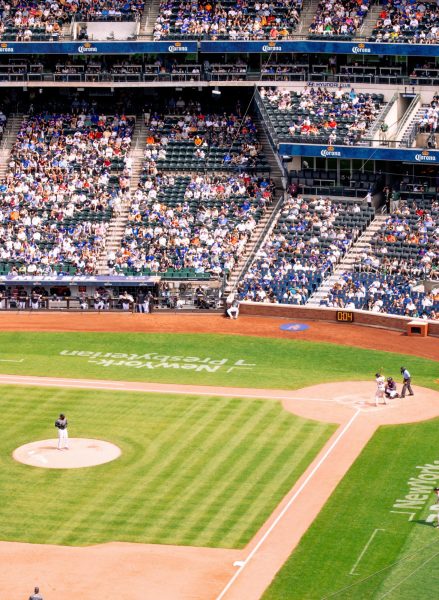Junior intrigued by APUSH
If someone had told sophomore-me that junior-me would be crying her eyes out at a death that happened 211 year ago, I would have thought they were joking. Unfortunately for my sanity, that would not have been the case. Somehow I have fallen into the deep dark pit that is American history and I’ve given up on trying to claw my way out.
But perhaps I should start from the beginning.
I hated history class. I hated the endless memorization, the mind-numbingly dull textbooks, and the teachers that seemed more interested in football plays than in the subject they were hired to teach. I especially hated the colonists who had dumped all that lovely tea into the Boston harbor. What a waste.
But then came APUSH. The class itself had little to set itself apart from others I’d taken; there were notes to write and pages to read and badly-acted reenactments to watch. Yet when we got around to the formation of the U.S. government, I realized something that radically changed my perspective on history.
The founding fathers who we learned to revere in elementary school, these “paragons” of virtue and democracy, were a bunch of squabbling, arrogant men in wigs and lace who fought with each other like children.
In short, they were human.
There are things we never learned in class that have little-to-no historical significance, but that bring the past to life in ways that lists of facts and dates never could.
1) Benjamin Franklin and John Adams shared a room at an inn while on their way to a convention that would decide the fate of the nation. During the night, neither one got any sleep because Franklin insisted on keeping the window open and Adams wanted it closed, so they kept opening and shutting that window until dawn came. Both men wrote in their diaries that the other was “insane.” I like to imagine that those diaries looked something like this:
2) After one of the last battles of the revolutionary war, Colonel Alexander Hamilton (he-who-graces-the-$10-bill) was examining the fort with his fat friend Henry Knox. They got into an argument about whether or not soldiers should shout “shell” when they found a live explosive. Hamilton thought it was undignified. Knox thought it was prudent. During the conversation, the cry of “shell” was heard, and the 5’7” Hamilton dove behind Knox to avoid the possible explosion, using his considerable bulk as a human shield. When nothing happened, Knox allegedly asked the sheepish colonel whether he had changed his mind about the policy. He had.
3) When Thomas Jefferson, author of the Declaration of Independence and third President of the United States, was in his 80s, artist John Browere made a plaster cast of his face. The process was supposed to take about 20 minutes, but Browere left the plaster on for nearly and hour. It hardened completely, leaving Jefferson incapable of speaking and barely able to breathe. Fearing for his life, he shuffled his chair around to alert an attendant slave to his predicament. Together, Browere and the slave used chisels to chip away at the plaster around the old statesman’s ears. Luckily for Jefferson, both he and the cast came away intact, and we are graced with an image of exactly how displeased he was with the entire debacle.
4) While he was off fighting in the French and Indian War, George Washington frequently received letters from his mother. Instead of containing heartfelt messages of love or encouragement to stay safe and dry, they politely asked George to run errands such as buying butter and hiring a new indentured servant. Later, while George commanded the Continental forces, Mrs. Washington staunchly supported the British cause. She probably thought her son was just going through his punk phase a bit late in life.


